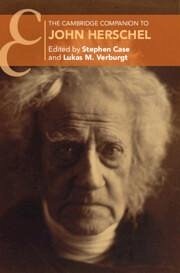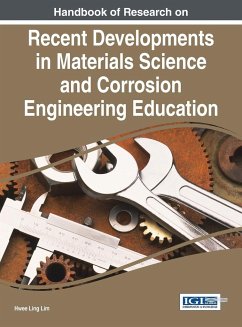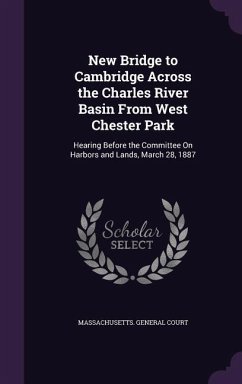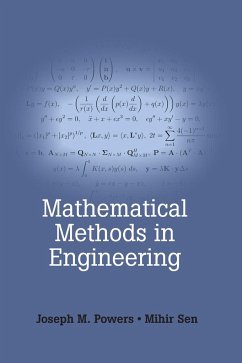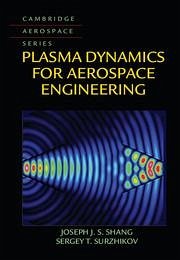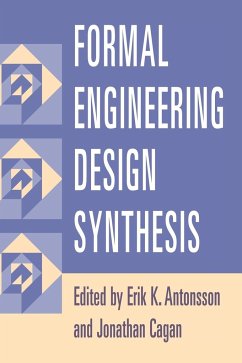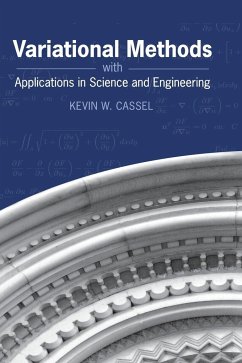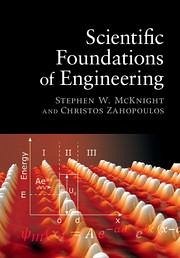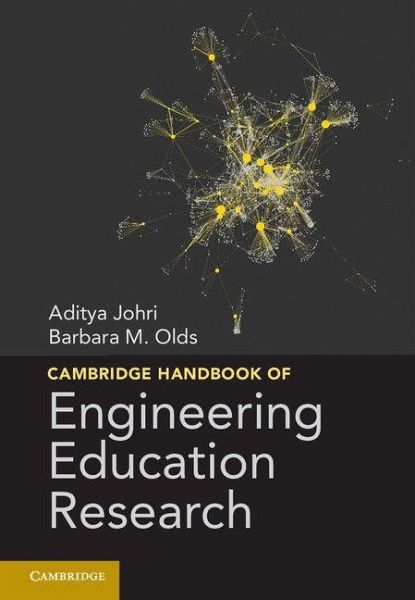
Cambridge Handbook of Engineering Education Research
Versandkostenfrei!
Versandfertig in 1-2 Wochen
150,99 €
inkl. MwSt.
Weitere Ausgaben:

PAYBACK Punkte
75 °P sammeln!
The Cambridge Handbook of Engineering Education Research is the critical reference source for the growing field of engineering education research, featuring the work of world luminaries writing to define and inform this emerging field. The Handbook draws extensively on contemporary research in the learning sciences, examining how technology affects learners and learning environments, and the role of social context in learning. Since a landmark issue of the Journal of Engineering Education (2005), in which senior scholars argued for a stronger theoretical and empirically driven agenda, engineer...
The Cambridge Handbook of Engineering Education Research is the critical reference source for the growing field of engineering education research, featuring the work of world luminaries writing to define and inform this emerging field. The Handbook draws extensively on contemporary research in the learning sciences, examining how technology affects learners and learning environments, and the role of social context in learning. Since a landmark issue of the Journal of Engineering Education (2005), in which senior scholars argued for a stronger theoretical and empirically driven agenda, engineering education has quickly emerged as a research-driven field increasing in both theoretical and empirical work drawing on many social science disciplines, disciplinary engineering knowledge, and computing. The Handbook is based on the research agenda from a series of interdisciplinary colloquia funded by the US National Science Foundation and published in the Journal of Engineering Education in October 2006.





